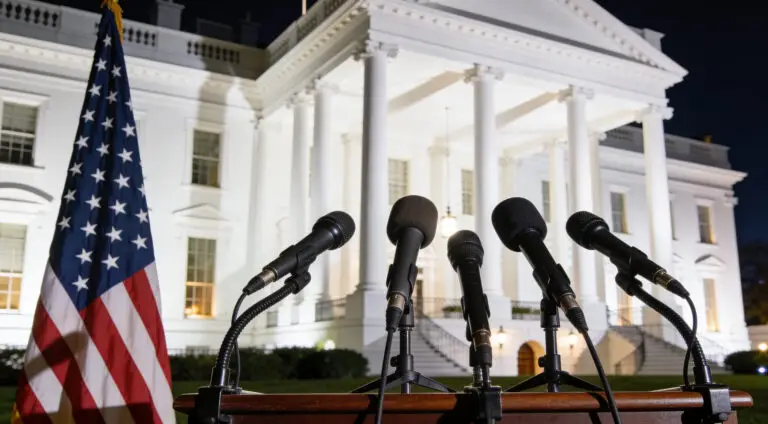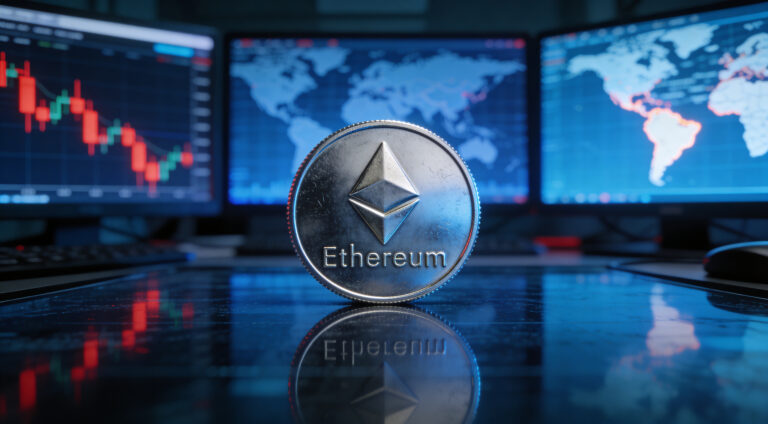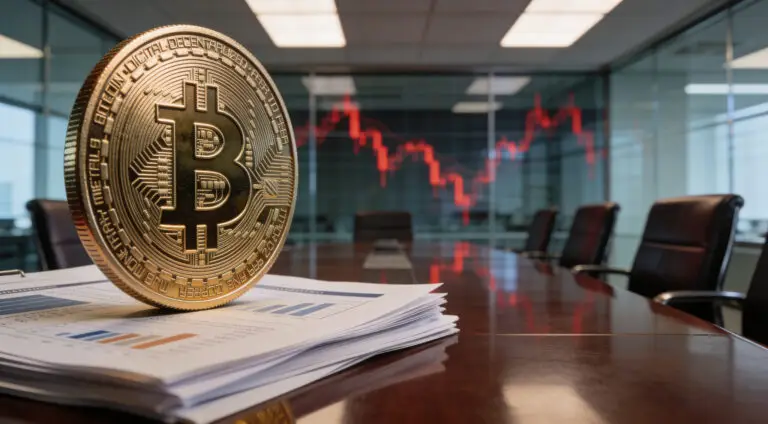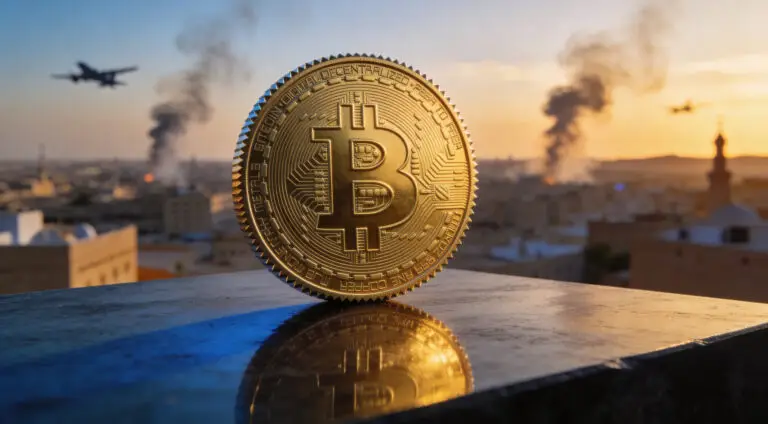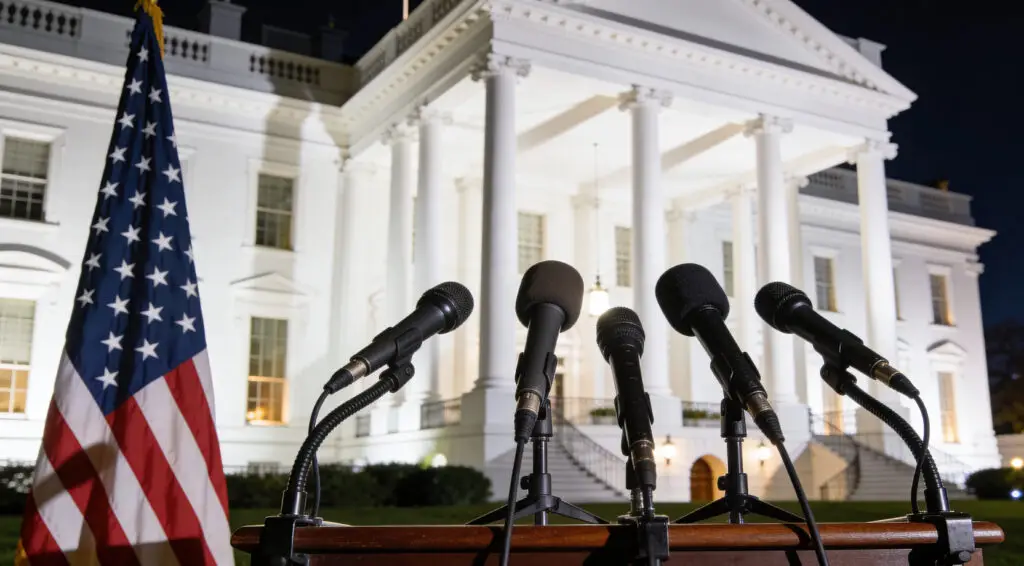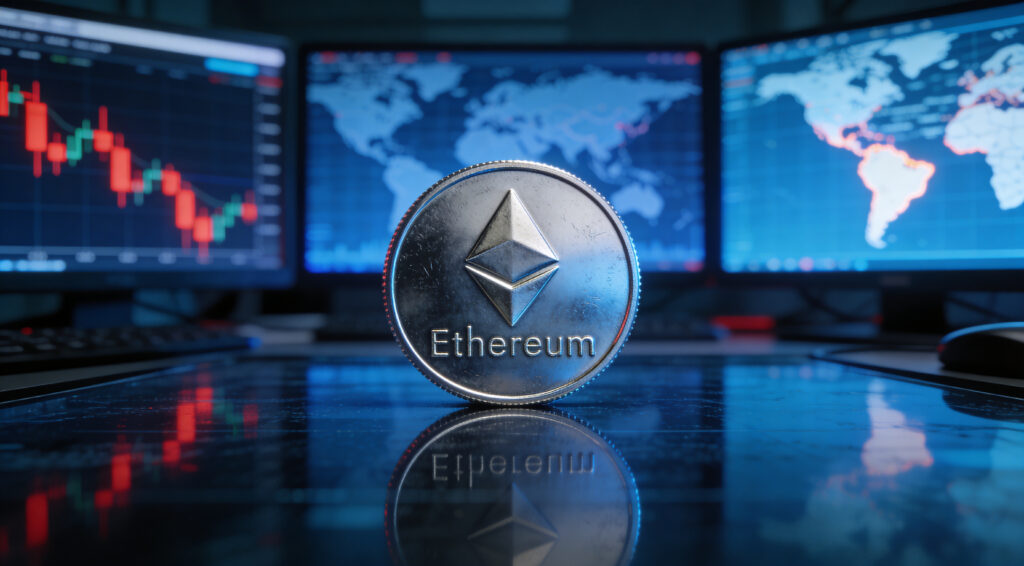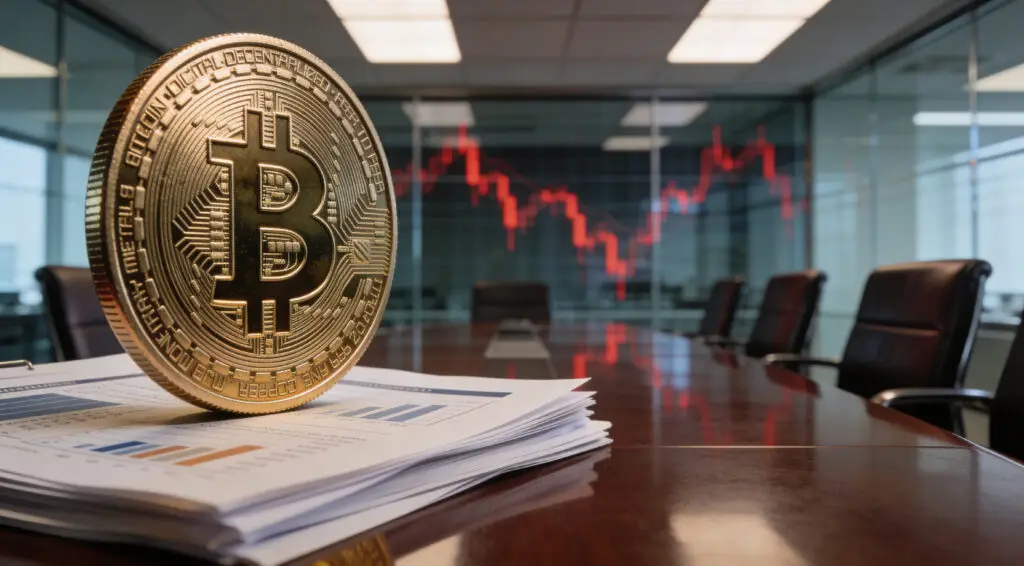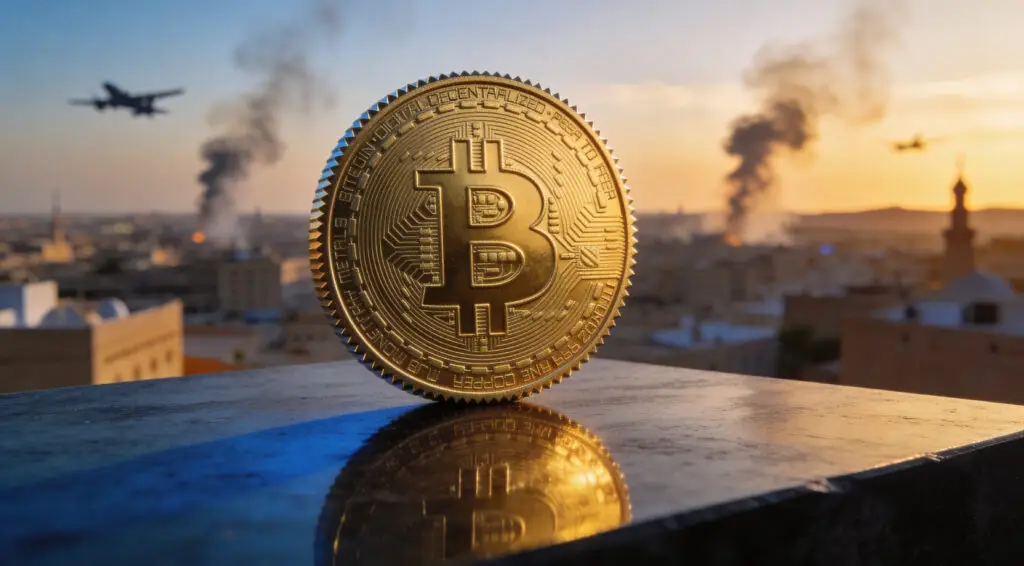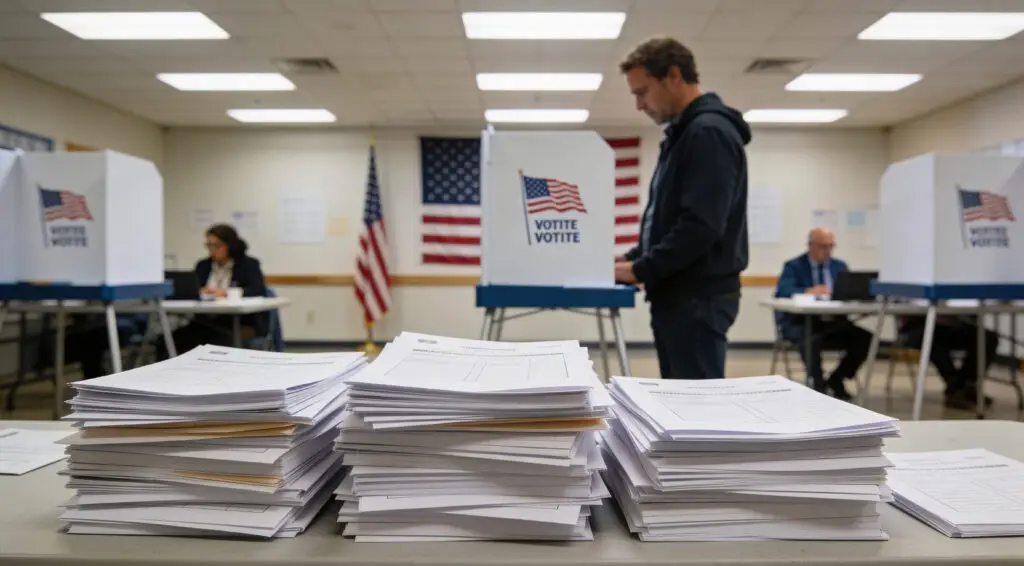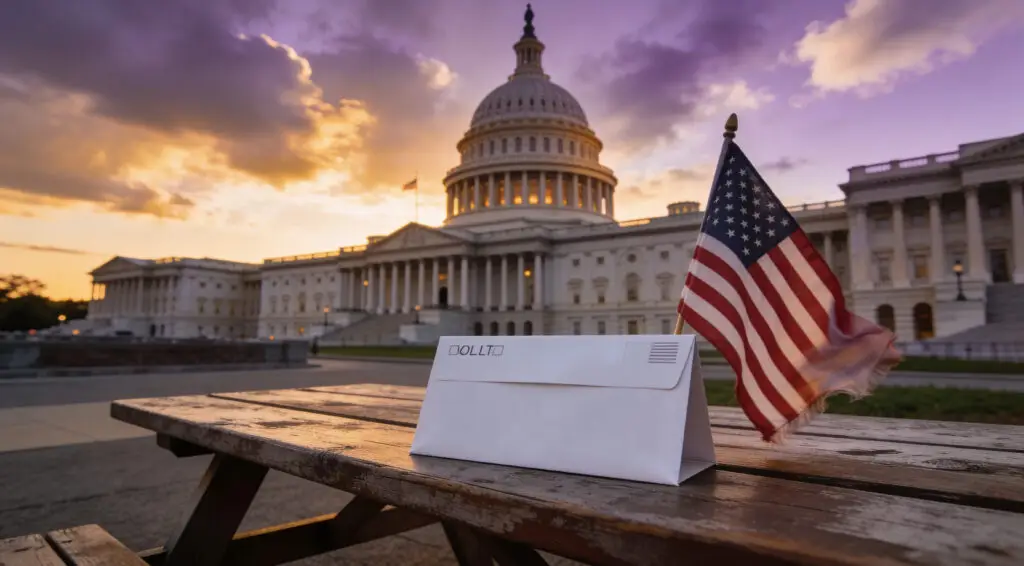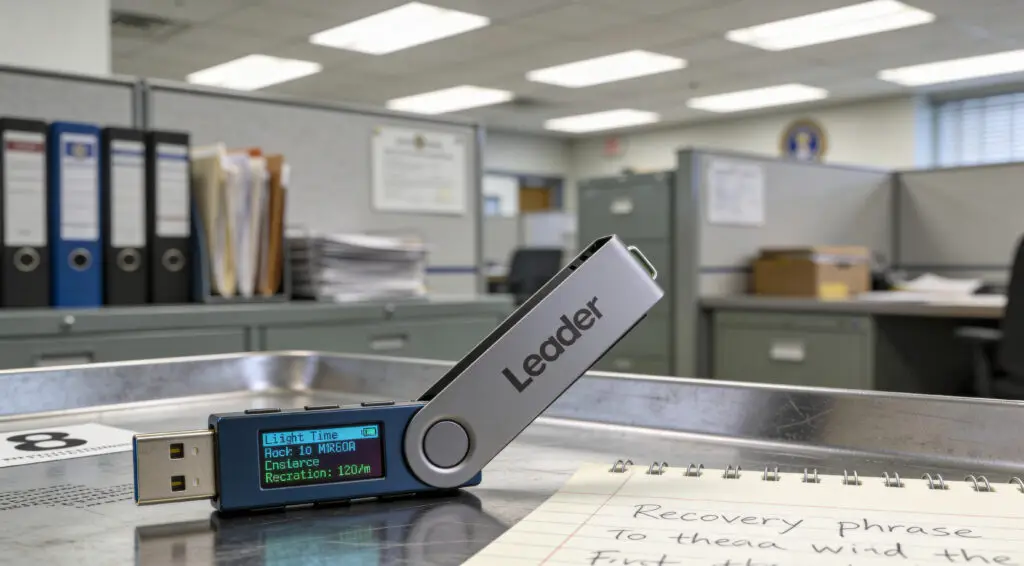World Liberty Financial Inc., the decentralized finance platform affiliated with the Trump family, is significantly expanding its international reach through a new partnership with Re7 Labs, an innovation arm of London-based decentralized-finance hedge fund Re7 Capital. This collaboration signals a strategic move to bolster World Liberty’s USD1 stablecoin presence on Binance’s BNB Chain. The announcement underscores the growing global interest and investment in Trump’s digital asset ventures, cementing their footprint in the burgeoning crypto landscape.
A New Global Alliance for World Liberty
World Liberty Financial Inc. has announced a strategic partnership with Re7 Labs, the innovation division of Re7 Capital, a London-based decentralized finance hedge fund. This collaboration comes as Re7 Capital is set to receive up to $10 million in investment from Hong Kong family office VMS Group. No specific financial terms of the WLF-Re7 Labs partnership were disclosed, but it signifies a notable expansion for Trump’s crypto-affiliated platform.
Scaling USD1 on BNB Chain
As part of this new partnership, World Liberty Financial plans to launch a USD1 stablecoin vault on the Euler and Lista platforms with Re7 Labs. This move is a key component of a broader initiative aimed at significantly scaling World Liberty’s USD1 stablecoin on Binance’s BNB Chain. Evgeny Gokhberg, founder of Re7 Capital, emphasized that this collaboration reflects a shared commitment to building the next generation of DeFi infrastructure, prioritizing stability, transparency, and capital efficiency.
Re7 Capital’s Strategic Investment and Approach
Re7 Capital, the London-based DeFi hedge fund, is securing a substantial investment of up to $10 million from Hong Kong family office VMS Group, marking VMS Group’s first foray into crypto. Re7 Capital is known for its market-neutral strategy, through which it generates yield by providing liquidity on DeFi exchanges and lending stablecoins. This approach incorporates hedging mechanisms to mitigate price swings, aiming for consistent returns within the volatile DeFi space.
Middle Eastern Investment Surges for WLF
World Liberty Financial has recently seen a surge in investment from the Middle East. The UAE-based Aqua 1 Foundation notably purchased $100 million of World Liberty tokens, making it the largest individual investor in the Trump-backed digital asset project. This follows a previous significant deal in May, where MGX, a technology investment firm backed by Abu Dhabi’s sovereign wealth fund, utilized World Liberty’s USD1 stablecoin to facilitate its $2 billion investment in Binance.
Regulatory Shifts and Binance’s Position
The backdrop to these international partnerships includes recent shifts in US crypto regulation. Notably, the US Securities and Exchange Commission (SEC) recently moved to end its legal battle against Binance, signaling a significant change in the regulator’s approach to cryptocurrency oversight. This development, which saw the SEC and Binance’s co-founder Changpeng Zhao file a joint motion to stay the case, comes after Binance began listing World Liberty’s USD1 stablecoin for trading purposes.
The Growing International Reach of Trump’s Crypto Endeavors
These latest partnerships underscore the rapidly expanding international footprint of Trump’s cryptocurrency ventures. World Liberty Financial is actively forging alliances with global players, attracting significant investments from diverse regions. This international embrace indicates a strategic effort to establish USD1 as a globally recognized stablecoin and solidify World Liberty Financial’s position in the broader digital asset ecosystem, capitalizing on shifting geopolitical and financial landscapes.
Implications for the Decentralized Finance Landscape
The collaboration between World Liberty Financial and Re7 Labs, coupled with substantial international investments, carries significant implications for the decentralized finance (DeFi) landscape. It highlights a growing trend of traditional and politically connected entities entering the DeFi space, potentially bridging the gap between conventional finance and decentralized protocols. This could accelerate the adoption of stablecoins and tokenized assets, while also raising questions about centralized influence in decentralized systems.



